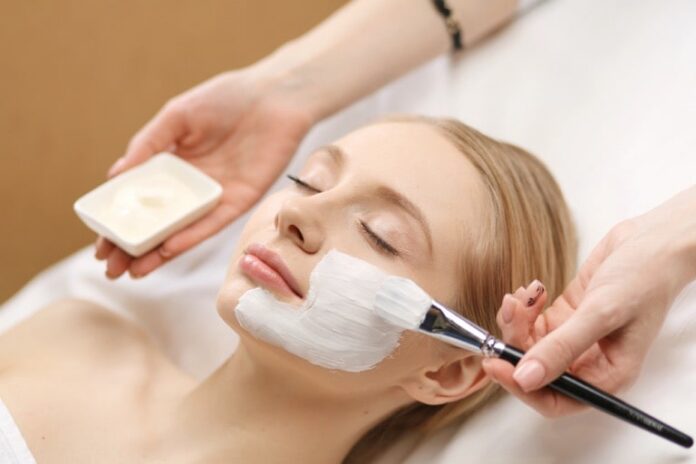Chemical peels are a popular skincare treatment known for their rejuvenating effects. However, the time required for each session can vary based on several factors. Understanding these can help you plan your appointment more effectively.
One common question is how long does a chemical peel takes. The answer depends on various elements, including skin type, peel strength, and personalized care.
For those considering a chemical peel in Denver, local environmental factors and professional expertise can also play a role in determining session length. Whether you’re new to chemical peels or a regular client, knowing these factors can enhance your skincare experience.
Booking a Chemical Peel in Denver
First things first, if you’re considering booking a chemical peel in Denver, it’s important to seek out reputable providers who emphasize individualized care. Local spas offer various options suited to different preferences and skin needs, ensuring an optimal balance between effectiveness and comfort.
Researching potential service providers can guide you toward establishments that prioritize client education and personalized service plans. These factors are essential in choosing where to undergo treatment, as they directly influence outcomes and satisfaction levels.
Ultimately, understanding what affects the length of your chemical peel session empowers you to make informed choices about where and how you receive treatment. The right spa will offer consultations that consider local conditions and personal needs, ensuring each visit is both rewarding and beneficial.
An example of this personalized service is offered by Serenity Esthetics SPA, where skilled practitioners provide comprehensive assessments before proceeding with any treatment.
Understanding Skin Type and Peel Strength
The duration of a chemical peel session is significantly influenced by your skin type and the strength of the peel used. Different skin types react uniquely to chemical agents, which necessitates adjustments in application time to ensure both effectiveness and safety.
For instance, oily or thicker skin may tolerate stronger peels and longer sessions, whereas sensitive skin may require milder solutions and shorter durations to prevent irritation.
Peel strength is another critical factor. Gentle peels designed for light exfoliation typically require less time compared to deeper peels intended for significant skin renewal.
The concentration of active ingredients dictates both the intensity and duration of the procedure, making a professional assessment crucial. By understanding these aspects, you can better anticipate the time commitment involved in your treatment.
The time of day can also impact how your skin responds to chemical peels. Morning treatments often work well as skin tends to be less sensitive and better prepared to handle chemical agents after a night’s rest.
Additionally, factors like recent sun exposure, hormonal changes and current skincare routine can influence how long the peel needs to remain on your skin. Professional estheticians typically factor in these variables when determining the optimal duration for your treatment session.
Environmental factors specific to high-altitude locations like Denver can also affect peel duration. The thinner atmosphere and increased UV exposure common at higher elevations may require adjustments to traditional treatment times.
Skin that has adapted to these conditions might respond differently to chemical peels, necessitating careful monitoring during the procedure. Experienced practitioners often factor in these geographical considerations when determining optimal treatment duration, ensuring the best possible results while maintaining skin health and safety.
The Importance of Personalized Care
Personalized care is essential in any spa treatment, particularly with chemical peels. Tailoring the process to individual skin characteristics ensures safety and effectiveness.
Professional consultations are invaluable for determining the appropriate session length tailored to your needs. Experienced estheticians evaluate your skin’s condition and recommend suitable peel strengths and durations accordingly.
Such consultations ensure that each session aligns with personal skincare goals while maintaining safety standards. The insight provided by professionals allows for adjustments that accommodate changes in skin behavior or environmental factors affecting treatment efficacy.
An example of this personalized service is offered by Serenity Esthetics SPA, where skilled practitioners provide comprehensive assessments before proceeding with any treatment. This level of attention helps maximize benefits while minimizing potential risks associated with inappropriate application durations.

